Hidden Costs to Know Before Buying a Home in Canada

When buying a home in Canada, it’s easy to focus on the price tag of the property itself. However, many first-time buyers are caught off guard by the various hidden costs that can significantly affect their budget. To ensure you’re prepared for the full financial picture, it’s essential to be aware of these additional expenses. Here’s a look at some of the hidden costs you may encounter when purchasing a home in Canada.
1. Home Inspection Fees
Before finalizing your purchase, it’s recommended to hire a professional home inspector. A thorough inspection can reveal potential problems with the property, such as structural issues, electrical faults, or plumbing concerns. While the fee for an inspection may range from $300 to $500, it’s a small price to pay for avoiding costly repairs in the future. However, this is often an expense buyers overlook when budgeting for their home purchase.
2. Appraisal Fees
If you’re applying for a mortgage, your lender may require an independent appraisal to determine the market value of the property. This helps ensure that the property is worth the amount of the loan. Appraisal fees can range from $300 to $700, depending on the complexity of the property, and are usually the responsibility of the buyer.
3. Legal Fees
In Canada, homebuyers need a lawyer or notary to handle the legal aspects of purchasing a property, such as title searches, document preparation, and contract review. Legal fees can vary, but you should expect to pay between $1,500 and $3,000. These costs ensure that all legal aspects of your transaction are properly managed and that your interests are protected.
4. Land Transfer Tax
When you buy a property in Canada, most provinces and municipalities require you to pay a land transfer tax. This tax is calculated as a percentage of the purchase price and can vary significantly depending on the location of the home. For example, in Ontario, the land transfer tax is between 0.5% and 2.5%, while first-time buyers in some provinces may qualify for a rebate on this cost.
5. Property Taxes
Property taxes are an ongoing expense that homeowners must account for. These taxes are paid annually and are based on the assessed value of your property. It’s crucial to understand the property tax rates in the area where you’re buying, as they can vary from one municipality to another. For first-time buyers, this can be an unexpected and sometimes substantial cost.
6. Utility Hookups and Moving Costs
When moving into a new home, you may need to pay for utility connections such as gas, electricity, and water. While these fees aren’t typically large, they can add up, especially when combined with the cost of hiring movers. Moving expenses will depend on the distance of your move and the amount of furniture and belongings, so it’s essential to plan for these costs.
7. Home Insurance
Home insurance is another expense that many new buyers overlook. Lenders typically require home insurance before finalizing the mortgage, and the cost of insurance depends on the size, location, and condition of the property. Premiums can range from a few hundred to several thousand dollars per year, depending on the coverage you choose.
8. Closing Costs
In addition to all the above, there are other closing costs that buyers need to consider. These include title insurance, adjustment fees, and disbursements. Collectively, these costs can add up to 1.5% to 4% of the purchase price. Closing costs are often the final hurdle for new homeowners, but being prepared for them can help ensure a smooth transition into your new property.
Conclusion
Buying a home in Canada involves more than just the listed price of the property. By understanding and planning for these hidden costs, you can avoid surprises and feel more confident in your home-buying journey. Be sure to budget carefully and consult with professional like Jag Sidhu, to ensure you’re fully aware of all the expenses involved.
